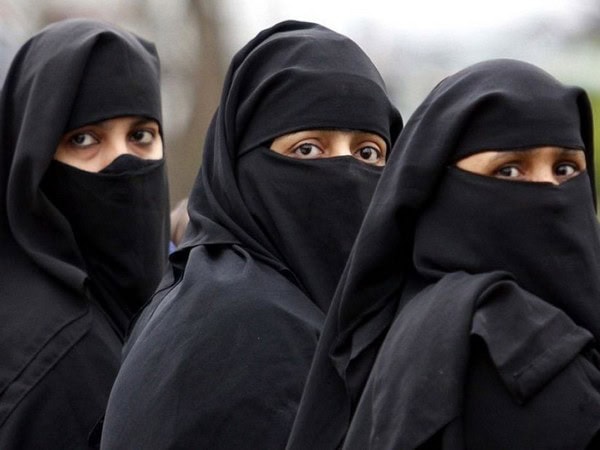New Delhi: Poorly informed Muslim clerics are often to blame for the plight of women in the community, particularly when it comes to triple talaq, the Muslim practice of instant divorce that has been declared illegal, says a new book.
The state of affairs is more pronounced in small towns, particularly in northern India, says Ziya us Salam in “Till Talaq Do Us Part” (Penguin).
In just a month after the Supreme Court set aside instant triple talaq, three Muslim women — one each in Hazaribagh (Jharkhand), Jodhpur (Rajasthan) and Rajkot (Gujarat) — were thrown out by their husbands by uttering “talaq” thrice, the book says.
“The three incidents do not merely prove the limitations of the judicial order in a society where ignorance renders the best of laws ineffective,” the book says, adding, “They relate a story of local maulanas unable to give the right advice at the right time, and men and women, even educated ones, not sure of their rights and duties in Islam.
“It is drilled into almost every other man that instant triple talaq is the best, or maybe the only, way to end a marriage. And the maulanas seldom rise to the occasion to save a marriage.
“The (three) incidents also speak eloquently of the failure of Muslim society to instil in its men the teachings of the Quran; instead, they end up relying on the Quran’s interpretation by the local maulanas.”
The book says that the most common Muslim families in small town India depend on the local imam to interpret the Quran for them, or even advise them on any issue pertaining to religion.
The book adds: “Unfortunately, the local imams are often not well versed with the Quran. Probably all of them are hafiz, that is, they have memorised the Quran from the surah, Fateha, to the last sura, Naas.
“But they know not what they read or recite. They have no knowledge of Arabic or of Arab society at the time of the revelation of the Quran. Hence, they read the Quran, even commit it to memory, without understanding it…
“Worse, most of these imams are not reliably conversant with the Hadith either. They usually come from poor families and join a madrasa at least partly because it offers affordable-to-free food and accommodation.”
According to Salam, the ignorance of boys who become imams in smaller towns and villages across India, particularly in the Hindi-speaking belt, often impedes the community’s development.
“The ignorance of the local imam or maulana often has disastrous consequences for many marriages…”
“They never, ever, pull up an errant husband or even suggest that the woman can leave such a man through khula, a women’s inalienable right to divorce, where she is not even expected to disclose the reasons for her decision.”
According to the book, there is zero tolerance towards dowry in Islam. In fact, it is considered a sin to ask the bride’s father to host the wedding feast. A Muslim man is not supposed to receive any dowry and is not allowed to bring another woman home, even as a legally married wife, without the permission of his first wife.
“The way forward lies in a better understanding of the Quran,” says the book. “No judgement of the Supreme Court has gone against the Quran… It is time somebody started a crash course in understanding the Quran for many maulanas.”
IANS

